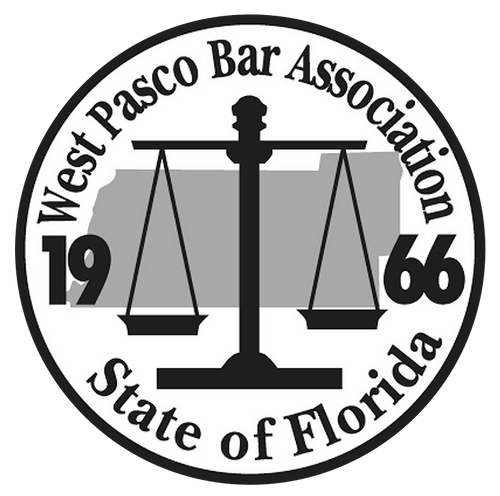Debunking 3 Common Myths About Estate Planning
 Estate planning will likely affect everyone at some point—whether you’re named a beneficiary, tasked with administering a loved one’s estate, or planning for your own future—yet there are numerous popular misconceptions about the topic. Below, we debunk three common myths about estate planning.
Estate planning will likely affect everyone at some point—whether you’re named a beneficiary, tasked with administering a loved one’s estate, or planning for your own future—yet there are numerous popular misconceptions about the topic. Below, we debunk three common myths about estate planning.
1. Estate Planning Is Only for the Old & Wealthy
Young people of average wealth often assume that they can put off estate planning, but age and financial status are irrelevant. No one knows what tomorrow will bring, and in the event that something happens to you, you’ll want to have control over who receives your assets no matter how small your estate may currently be. Having estate planning documents in place is especially important if you’re entering the military, adopting a pet, getting married, having a child, or purchasing property, and you’ll want to update those documents after significant life events such as getting divorced or receiving a large sum of money. Depending on what documents you use, estate planning could also reduce your beneficiaries’ tax obligations and make the probate process easier for your loved ones.
2. All You Need Is a Will
While wills can be an excellent estate planning tool, they often need to be accompanied by other documents, such as trusts, powers of attorney, living wills, and health care surrogate designations. Wills allow you to dictate how your assets should be distributed, who will serve as guardians for your minor children, how your final arrangements should be carried out, and who will administer your estate. But if you want to keep your affairs out of the public record, avoid estate taxes, or control exactly when and how your assets are disbursed, you may need a trust. And if you want to dictate who will make medical, financial, or legal decisions on your behalf if you ever become incapacitated, you’ll likely have to execute a power of attorney, living will, or health care surrogate designation. An experienced estate planning attorney can recommend an approach that will accomplish all of your estate planning goals.
3. Probate Only Occurs if You Don’t Have a Will
Many people believe that their loved ones will only need to go through the probate process if they die intestate (without a will), but that’s actually not the case. Having a will in place doesn’t avoid probate, but it can make the process simpler. The executor of your estate will likely only need to establish that your will is valid, pay any applicable taxes and debts, and distribute your property according to your wishes.
Ready to Get Started?
If you’re ready to take the next step with estate planning, turn to The Lyons Law Group, P.A. With offices in New Port Richey and Spring Hill, we’re perfectly situated to serve clients from across the Tampa Bay region, including those in Pasco and Hernando Counties. We’re one of the area’s premier real estate law firms—even earning a spot in the Law Firm 500 rankings—and we offer a full range of estate planning services, including preparation of wills, trusts, powers of attorney, living wills, and health care surrogate designations.
Best of all, we offer free initial consultations to potential clients, so you’ll have the chance to sit down with an estate planning attorney and discuss which strategies will best serve your personal needs. Contact us today to schedule an appointment at whichever location is most convenient for you.





